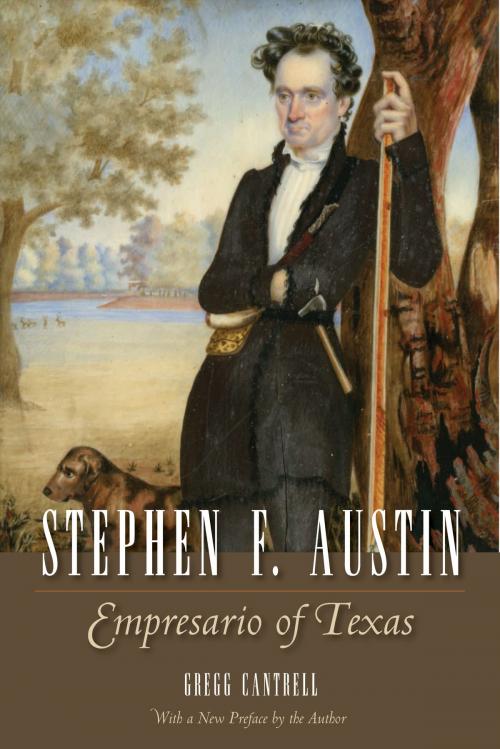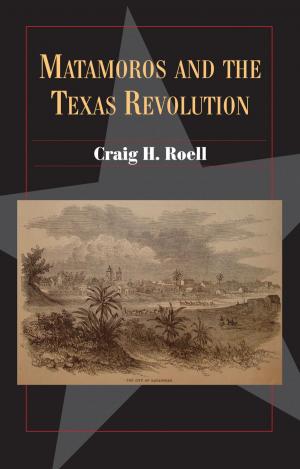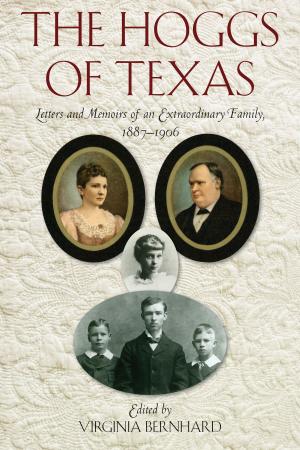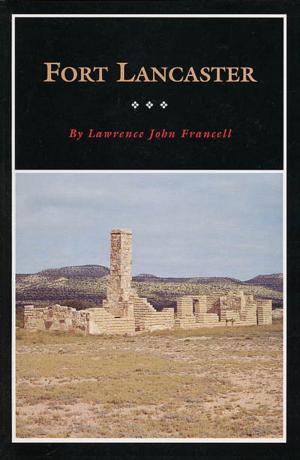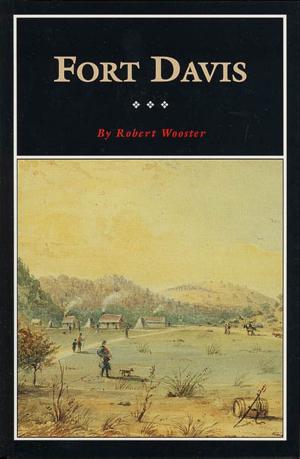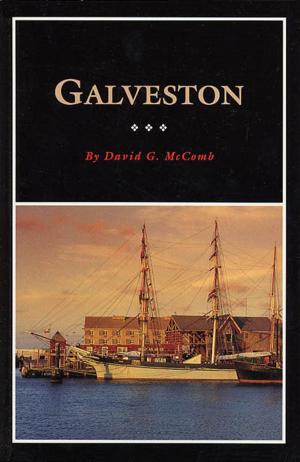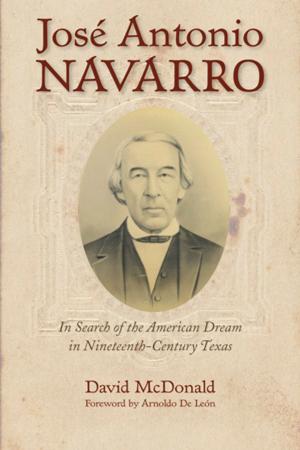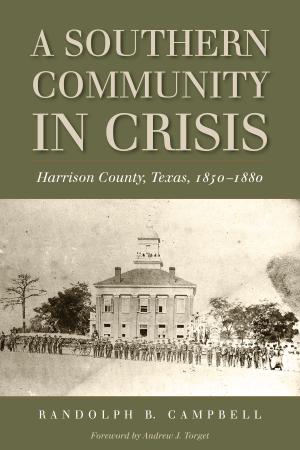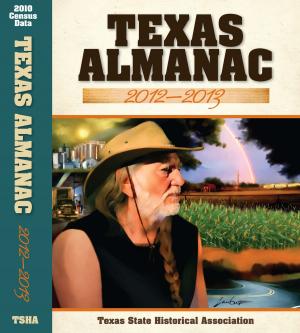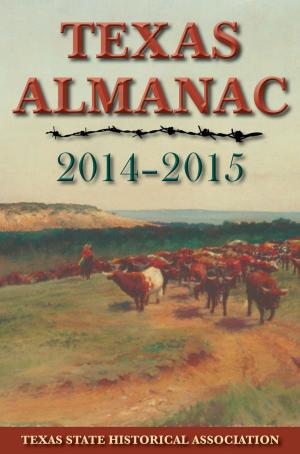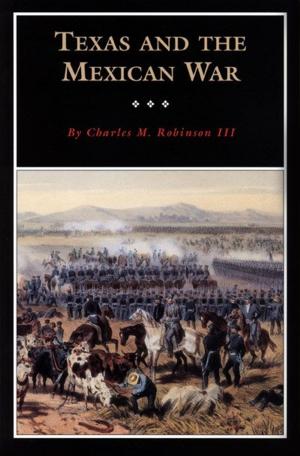Stephen F. Austin
Empresario of Texas
Nonfiction, History, Americas, United States, 19th Century, Biography & Memoir, Historical| Author: | Gregg Cantrell | ISBN: | 9781625110398 |
| Publisher: | Texas State Historical Assn Press | Publication: | February 9, 2016 |
| Imprint: | Texas State Historical Assn | Language: | English |
| Author: | Gregg Cantrell |
| ISBN: | 9781625110398 |
| Publisher: | Texas State Historical Assn Press |
| Publication: | February 9, 2016 |
| Imprint: | Texas State Historical Assn |
| Language: | English |
The Texas State Historical Association is pleased to offer a reprint edition of Stephen F. Austin: Empresario of Texas, Gregg Cantrell’s path-breaking biography of the founder of Anglo Texas. Cantrell’s portrait goes beyond the traditional interpretation of Austin as the man who spearheaded American Manifest Destiny. Cantrell portrays Austin as a borderlands figure who could navigate the complex cultural landscape of 1820s Texas, then a portion of Mexico. His command of the Spanish language, respect for the Mexican people, and ability to navigate the shoals of Mexican politics made him the perfect advocate for his colonists and often for all of Texas. Yet when conflicts between Anglo colonists and Mexican authorities turned violent, Austin’s accomodationist stance became outdated. Overshadowed by the military hero Sam Houston, he died at the age of forty-three, just six months after Texas independence. Decades after his death, Austin’s reputation was resurrected and he became known as the “Father of Texas.” More than just an icon, Stephen F. Austin emerges from these pages as a shrewd, complicated, and sometimes conflicted figure.
The Texas State Historical Association is pleased to offer a reprint edition of Stephen F. Austin: Empresario of Texas, Gregg Cantrell’s path-breaking biography of the founder of Anglo Texas. Cantrell’s portrait goes beyond the traditional interpretation of Austin as the man who spearheaded American Manifest Destiny. Cantrell portrays Austin as a borderlands figure who could navigate the complex cultural landscape of 1820s Texas, then a portion of Mexico. His command of the Spanish language, respect for the Mexican people, and ability to navigate the shoals of Mexican politics made him the perfect advocate for his colonists and often for all of Texas. Yet when conflicts between Anglo colonists and Mexican authorities turned violent, Austin’s accomodationist stance became outdated. Overshadowed by the military hero Sam Houston, he died at the age of forty-three, just six months after Texas independence. Decades after his death, Austin’s reputation was resurrected and he became known as the “Father of Texas.” More than just an icon, Stephen F. Austin emerges from these pages as a shrewd, complicated, and sometimes conflicted figure.
